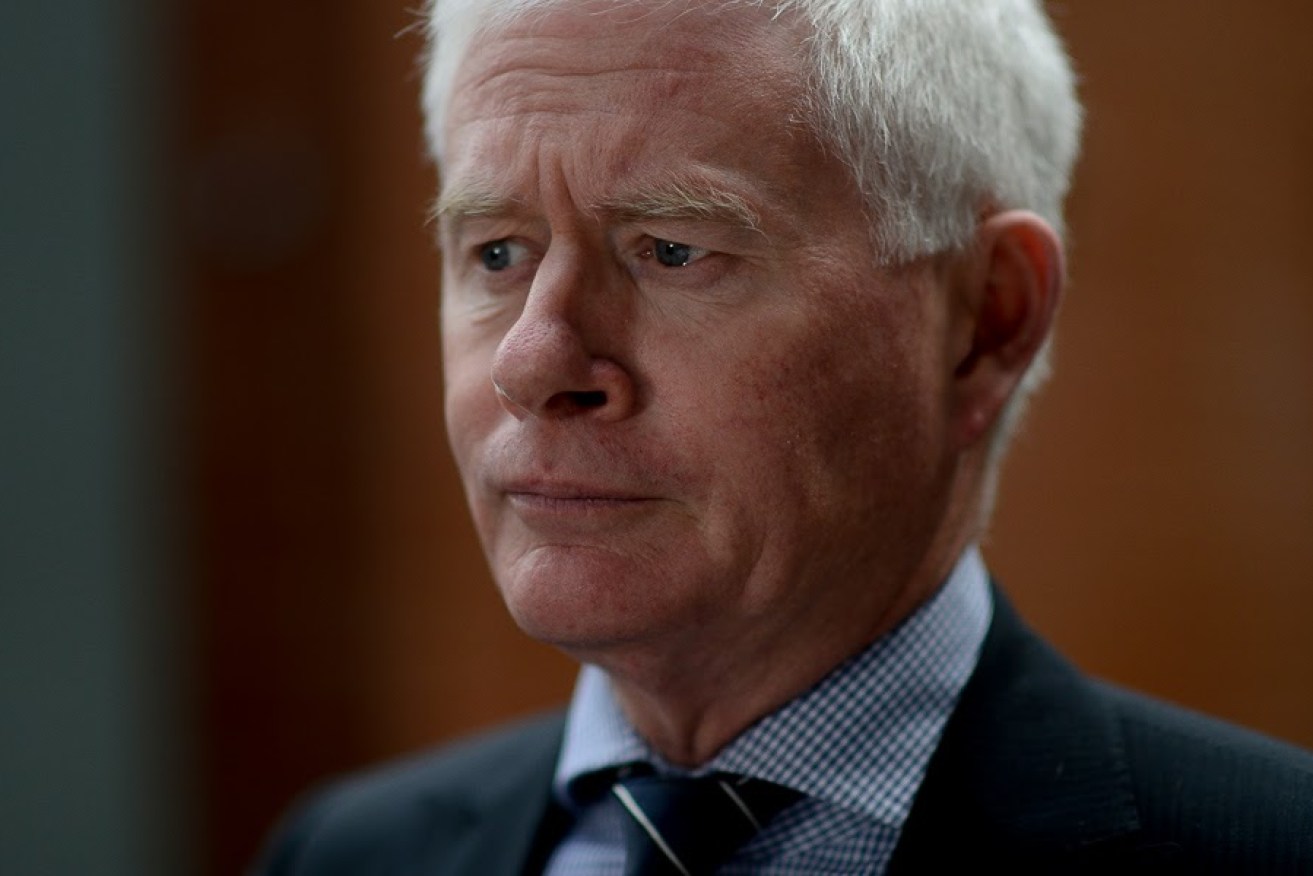Removing time limit on child abuse compo “legalistic”, says Rau
Attorney-General John Rau has described a push to remove the time limit on child abuse compensation claims as a “legalistic solution”, arguing the SA Government’s limited compensation scheme is better for victims.


John Rau. Photo: Nat Rogers/InDaily
In South Australia, a child abuse survivor wishing to launch a civil case against their abuser must do so within three years of their 18th birthday – or go through a lengthy process to secure an exemption from the time limit.
Law Society President David Caruso wrote to Rau this month, arguing that the time limit is a cruel impediment to justice for people who may suffer the consequences of abuse throughout their lifetime. It’s a position also supported by the Commissioner for Victims’ Rights and recommended by the federal royal commission into institutional child abuse.
However, Rau told InDaily in response that the removal of the statute of limitations by the NSW parliament was a “legalistic solution”, whereas the SA Government’s ex gratia compensation scheme allowed survivors to avoid the trauma of the courts process.
“The NSW legislation was introduced in the context of NSW having never had an ex gratia compensation scheme in place,” he said.
“As a result, victims have been able to secure compensation without compliance with legal formalities including time limits.
“We have sought to avoid litigation and the trauma associated with it.
“Given NSW has no such scheme, they have elected to implement a legalistic solution rather than an informal ex gratia payment solution.”
The South Australian scheme is financially capped, and requires claimants to relinquish all rights to pursue the claim further, and any rights to appeal, if they accept the compensation offered.
The level of compensation available is dictated by the date of the abuse – claims for offences since 1 September 1990 are limited to a maximum payment of $50,000. For offences between 1969 and 1974, the limit is $1000.
Caruso told InDaily that while the compensation scheme served an important function, it was not a sufficient substitute for allowing victims to pursue compensation through the courts.
“Ex gratia payments are arbitrary and contingent upon the benevolence of the State,” he said.
“The Government has complete discretion whether to award or reject an ex gratia payment, which would typically be much less than a successful civil claim.
“The courts should determine the appropriate level of compensation for the profound trauma that child abuse victims suffer, rather than their claims determined by a Government-controlled capped payment scheme.
“In addition to appropriate monetary compensation, formal legal recognition of a wrong caused to victims can aid the healing process.”
Victims Rights Commissioner Michael O’Connell said South Australia’s statute of limitations for civil cases related to child abuse breached victims’ rights.
“All victims, including children, have a fundamental right to reparations, including compensation, for harm done to them,” he said.
“This right should not be constrained by legal obstacles such as limitations on time.”
Senior lecturer in the University of Adelaide’s School of Psychology Rachel Roberts told InDaily this week it often takes survivors of child abuse many years to be ready to speak to anyone about their experiences, let alone take legal action.
“People are coping with the impact that it’s had in their life … often silently, and not sharing it with other people,” Roberts said.
Liberal Party Deputy Leader Vickie Chapman introduced a private member’s bill into parliament to remove the statute of limitations yesterday.
“Changes to this legislation will ensure victims do not need to beg courts to look at the matter in years to come,” said Chapman.
The Commonwealth Royal Commission into Institutional Responses to Child Sexual Abuse recommended last year that state and territory governments remove limitation periods.




